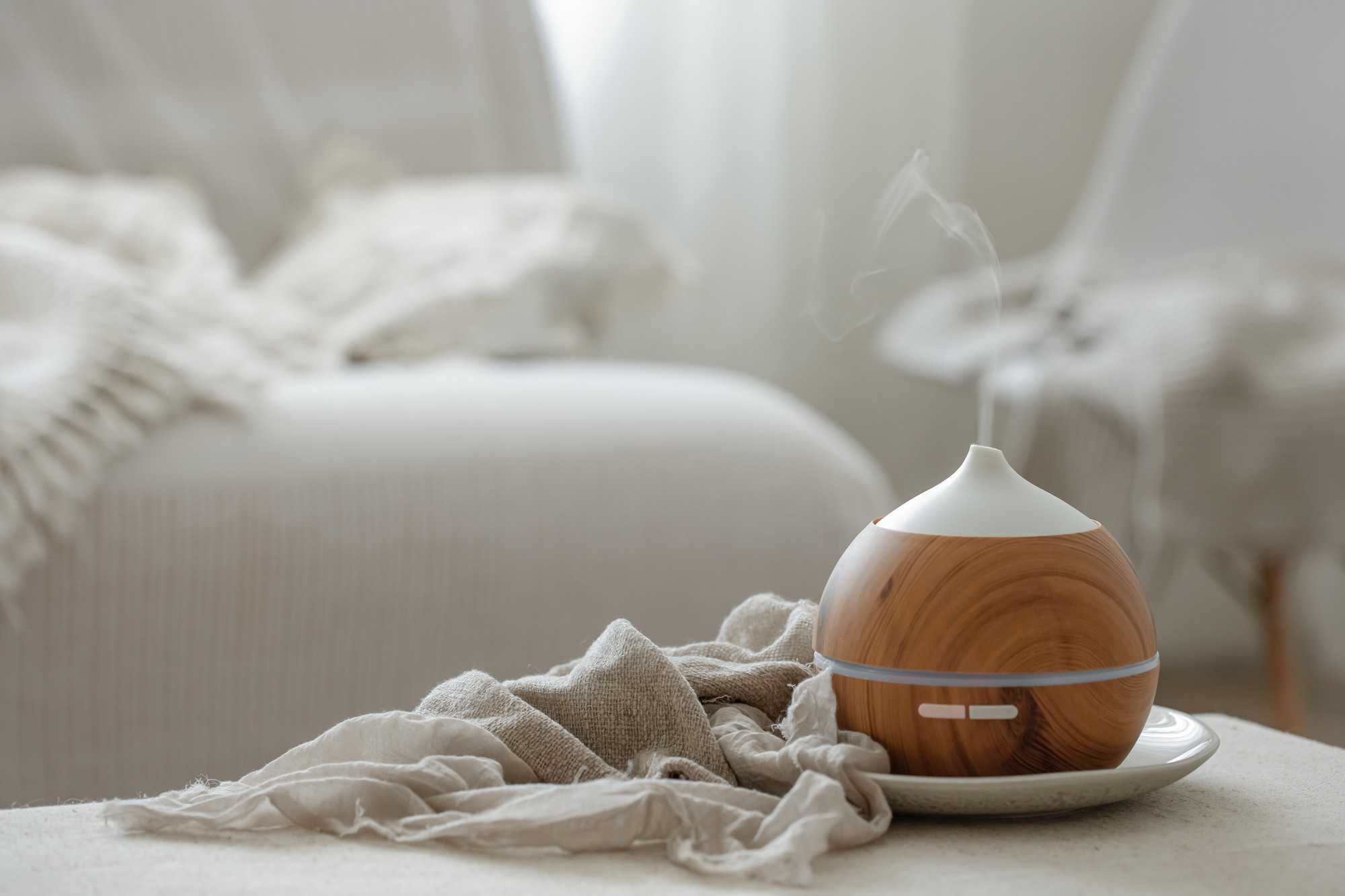How Humidity Impacts Your Health, Sleep, and Mind
The Hidden Power of Humidity
PUBLISHED 2024-05-22
Ever felt sluggish on a humid day or struggled to sleep in a dry room? Humidity might be the culprit. This blog explores how humidity affects your health, sleep, and cognitive function, and offers practical tips to manage indoor humidity effectively.
How Humidity is Related to Health
Humidity levels can significantly impact your health, influencing everything from respiratory conditions to skin health.
- Respiratory Issues: High humidity can exacerbate asthma and COPD by making the air thicker and harder to breathe [1]. Conversely, low humidity can dry out nasal passages, leading to respiratory infections [2].
- Skin Irritation: Both high and low humidity levels can cause skin problems. High humidity can lead to heat rash and eczema flare-ups, while low humidity can cause dry, itchy skin [3].
- Dehydration: High humidity can interfere with the body’s cooling mechanism, leading to excessive sweating and dehydration [4].
How Humidity is Related to Sleep
The quality of your sleep is closely tied to the humidity levels in your bedroom.
- Sleep Disruption: High humidity can make it difficult to cool down, leading to restless nights and increased wakefulness [5]. Low humidity can cause dry skin and respiratory irritation, making it hard to stay asleep [6].
- Allergies and Asthma: High humidity promotes the growth of mold and dust mites, which can trigger allergies and asthma, further disrupting sleep [5].
- Optimal Levels: The ideal indoor humidity for sleep is between 30% and 50% [5][6].
How Humidity is Related to Cognitive Function
Humidity levels can also affect your mental performance and cognitive abilities.
- Cognitive Decline: High humidity combined with high temperatures can impair cognitive performance, reducing accuracy and increasing response times [7][8].
- Physiological Stress: High humidity can increase skin and core temperatures, leading to physiological stress that negatively impacts cognitive function [8].
- Improved Performance: Lowering humidity in hot conditions can improve cognitive performance by reducing thermal stress [7].
Best Practices to Manage Humidity in the Room
Managing indoor humidity is essential for maintaining a healthy and comfortable living environment.
- Use Dehumidifiers: Dehumidifiers can help reduce excess moisture in the air, especially in high-humidity areas like basements and bathrooms [9][10].
- Ventilation: Proper ventilation, including the use of exhaust fans in kitchens and bathrooms, can help expel moist air and reduce indoor humidity [10][11].
- Seal Leaks: Ensure windows and doors are properly sealed to prevent humid air from entering your home [12].
- Monitor Humidity Levels: Use a hygrometer to keep track of indoor humidity and make adjustments as needed [10][11].
- Air Conditioning: Running your air conditioner can help dehumidify the air while cooling your home [9][10].
Conclusion:
Humidity plays a vital role in our health, sleep, and cognitive function. By understanding its effects and implementing best practices to manage indoor humidity, you can create a more comfortable and healthier living environment.
Key Takeaways:
- High humidity can exacerbate respiratory issues and skin problems.
- Both high and low humidity levels can disrupt sleep quality.
- The optimal indoor humidity for sleep is between 30% and 50%.
- High humidity can impair cognitive function, while lower humidity can improve it in hot conditions.
- Use dehumidifiers, proper ventilation, and air conditioning to manage indoor humidity.
References:
[1] High humidity is uncomfortable, but can it make us sick?
[2] Indirect health effects of relative humidity in indoor environments
[3] 6 Health Symptoms Associated With Humidity
[4] Effects of Humidity on Your Body
[5] Humidity and Sleep
[6] Humidity and Your Sleep
[7] Decreased humidity improves cognitive performance at extremely high indoor temperature
[8] Effects of hot-humid exposure on human cognitive performance under sustained multi-tasks
[9] Managing Indoor Humidity
[10] How to Change Indoor Humidity Levels
[11] How do you keep indoor humidity in check this summer? Let’s count the ways
[12] What You Should Know about Managing Your Indoor Humidity Levels






